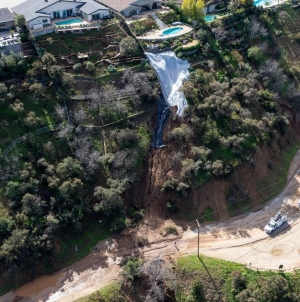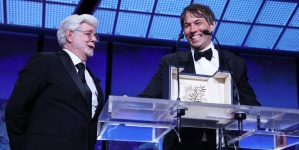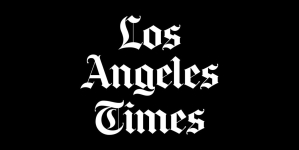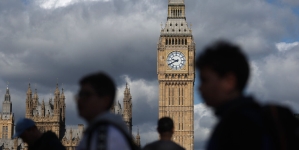-
Controversial pro-Israeli speaker back at Berkeley after violent protest - March 19, 2024
-
A portion of Mulholland Drive, damaged by mudslides in winter storms, reopens - May 26, 2024
-
‘Maybe You Don’t Want to Win’ - May 26, 2024
-
Donald Trump Putting Law Enforcement in Danger: Attorney - May 26, 2024
-
Avoid the waters of these 5 L.A. County beaches this holiday weekend, public health officials say - May 26, 2024
-
Bawdy Comedy ‘Anora’ Wins Palme d’Or at Cannes Film Festival - May 26, 2024
-
Map Shows Heat Wave Zone Spread Into Five New States - May 26, 2024
-
Azusa police arrest suspected slingshot-wielding vandal - May 25, 2024
-
Donald Trump Hammers Judge Ahead of Jury Instructions - May 25, 2024
-
Sometimes U.S. and U.K. Politics Seem in Lock Step. Not This Year. - May 25, 2024
Controversial pro-Israeli speaker back at Berkeley after violent protest
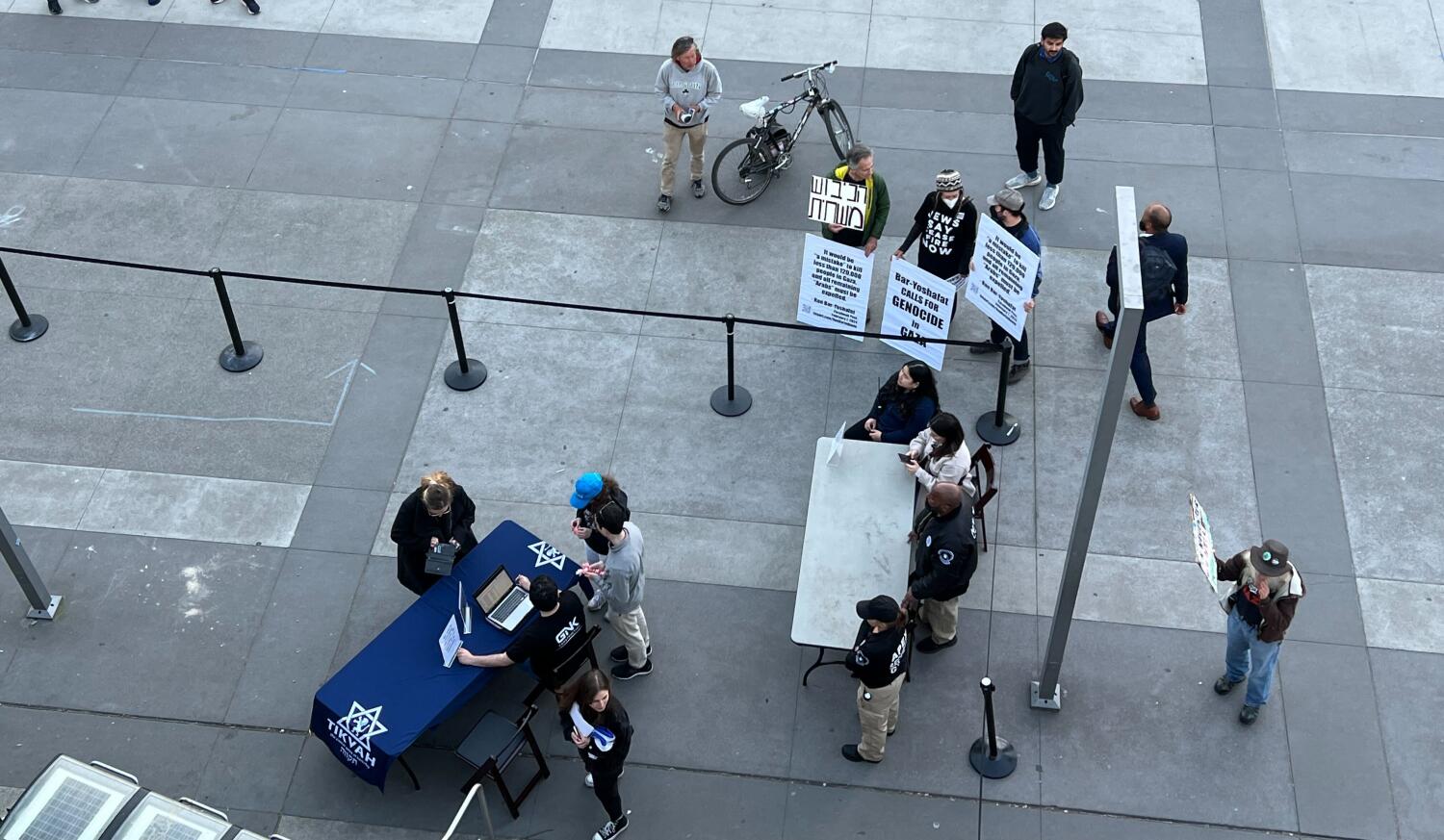
BERKELEY —
Three weeks after violence broke out at a private event organized by Jewish student groups at UC Berkeley and protested by pro-Palestinian demonstrators, the speech took place Monday and unfolded without issue.
Monday’s event was dramatically different from the one initially scheduled by several Jewish student groups for Feb. 26, when campus police evacuated the Zellerbach Playhouse after about 200 protesters forcefully entered the building.
UC Berkeley ramped up police presence and hired private security for the event, held in the Pauley Ballroom on campus, and shut the building down to anyone who hadn’t registered. Faculty members and university personnel wearing yellow and blue “observer” signs roamed outside and through the building, along with others designated as peace ambassadors.
The Jewish student groups, including Tikvah, Bears for Israel and Students Supporting Israel, among others that describe themselves as Zionist organizations, rescheduled the event for Monday, saying it was imperative for free speech. The featured speaker was controversial Israeli military reservist and attorney Ran Bar-Yoshafat. About 150 people attended.
After initially condemning the Feb. 26 incident as a violation of the university’s “most fundamental values” and commitment to free speech, Chancellor Carol Christ and Provost Benjamin E. Hermalin then announced a criminal investigation into the violence. Christ and Hermalin said campus police and the university’s anti-harassment office were investigating reports of “overtly antisemitic expression” and allegations of physical battery as hate crimes.
Federal authorities have also launched their own probe into allegations of discrimination at UC Berkeley since the start of the Israel-Hamas war.
In a Feb. 28 social media statement, Bears for Palestine criticized the university and Jewish student groups for giving a platform to speakers like Bar-Yoshafat, and said Palestinian, Arab and other students also faced ongoing harassment and threats.
“Our Palestinian community has been in a constant, insurmountable state of grief for the last 144 days, as the occupation continues to obliterate the Gaza Strip in their genocidal military campaign,” the group wrote.
Unlike the February event, only a handful of demonstrators showed up with posters protesting Bar-Yoshafat and decrying the war in Gaza as genocide. One protester managed to make her way into the event and interrupted Bar-Yoshafat about 30 minutes into his speech.
“Shame on all of you,” the protester yelled before she was escorted out.
Sharon Knafelman, a sophomore, the vice president of Bears for Israel and a board member of Students Supporting Israel, attributed the otherwise uneventful speech to the university stepping up enforcement.
“I think that they learned from their mistakes,” Knafelman said, adding that it’s incumbent on UC Berkeley to set “the tone for the rest of the United States for free speech, that we respect and we allow everyone to come and share their point of view as long as it’s being done in a peaceful, civil manner.”
Source link



























